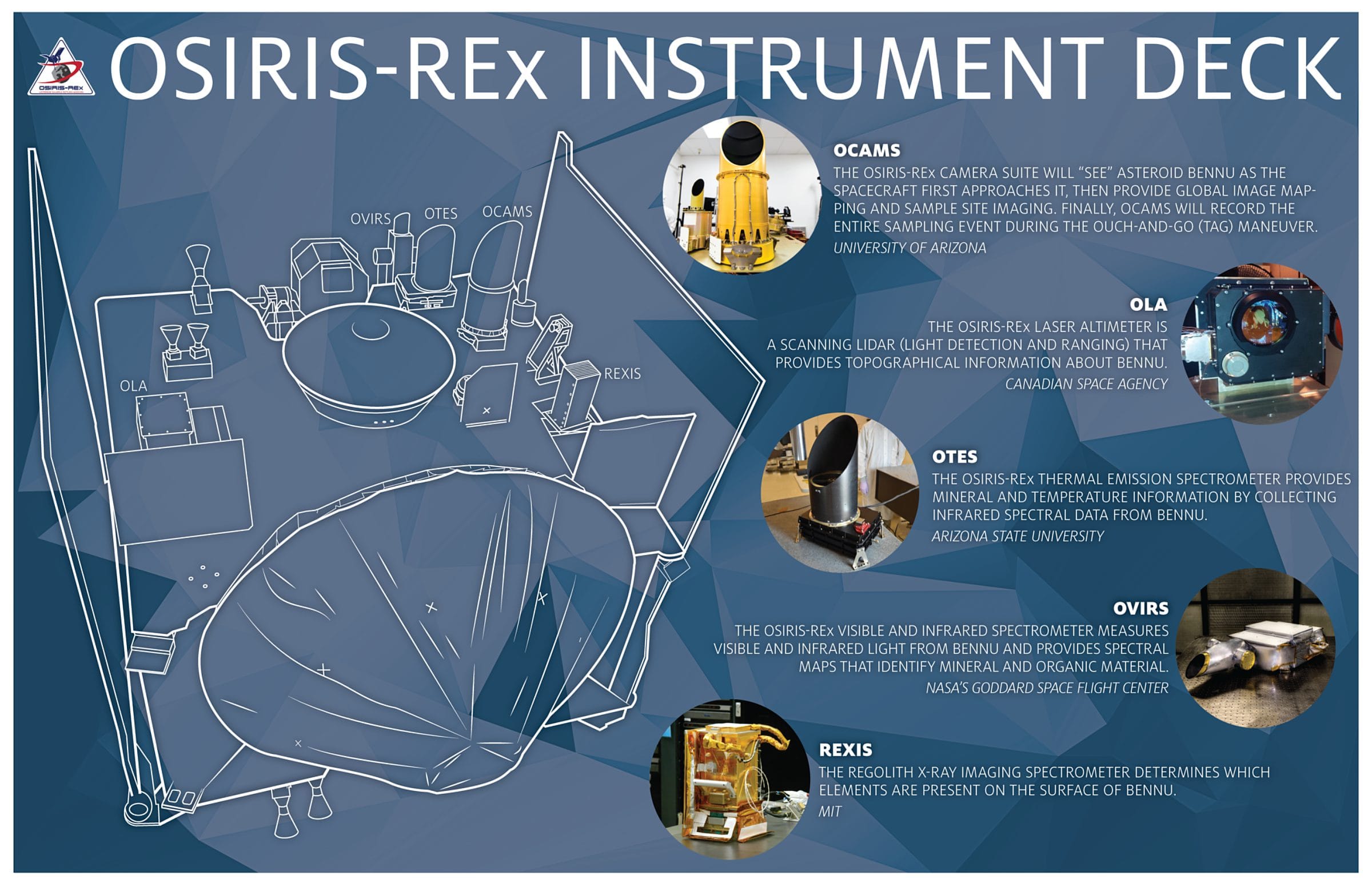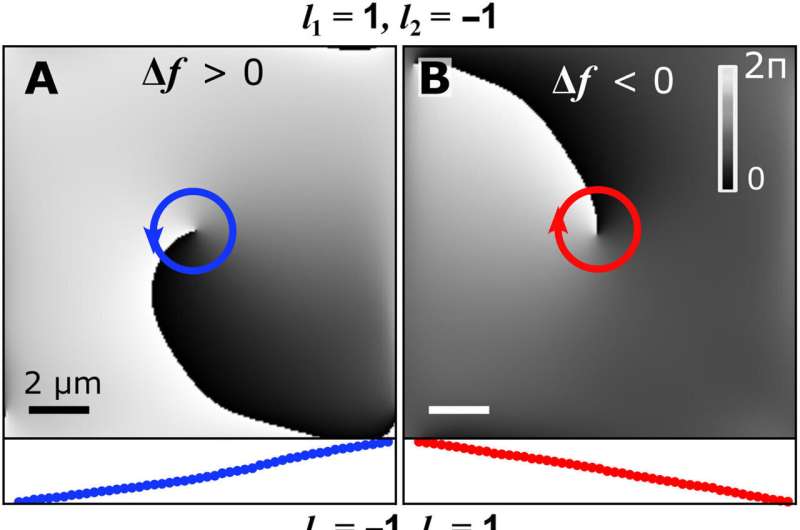The OSIRIS-REx mission, a collaborative effort between NASA and numerous international partners, successfully collected samples from the near-Earth asteroid Bennu in 2020. This ambitious mission culminated in the return of a significant quantity of asteroid material to Earth in September 2023. The samples are currently undergoing rigorous analysis at specialized laboratories worldwide. Preliminary findings from these analyses have revealed the presence of a diverse array of organic molecules within the Bennu samples.
These organic molecules are complex carbon-based compounds, many of which are considered crucial building blocks for the emergence of life as we know it. Specifically, researchers have identified several molecules that play vital roles in biological processes on Earth. The presence of these molecules within an asteroid sample raises compelling questions about the origins of life on our planet.
One prominent hypothesis suggests that life on Earth may not have originated solely on our planet. Instead, it proposes that the essential building blocks of life—the organic molecules—could have been delivered to Earth from extraterrestrial sources, such as asteroids or comets. This hypothesis, known as panspermia, posits that life’s fundamental components were dispersed throughout the universe, and that conditions on early Earth allowed these components to assemble and evolve into the first self-replicating organisms.
The findings from the Bennu samples appear to lend credence to this hypothesis. The discovery of organic molecules within an asteroid sample provides strong evidence that these essential components were present in the early solar system, and that they could have been readily transported to Earth through asteroid impacts. The presence of these molecules, moreover, indicates that the asteroid’s parent body, from which Bennu originated, likely contained water. This is significant because water is an essential solvent for many biochemical reactions, and a watery environment is considered crucial for the formation of complex organic molecules.
The research team is currently focusing on analyzing the isotopic ratios of the organic molecules found within the samples. Isotopic ratios can provide crucial insights into the molecules’ origins, helping scientists determine whether they formed in a terrestrial or extraterrestrial environment. The analysis also involves identifying the specific types and quantities of organic molecules present. This detailed characterization will provide a comprehensive understanding of the chemical composition of the asteroid and its potential implications for the origin of life.
Furthermore, the researchers are investigating the potential for these molecules to have played a role in the early stages of life’s development. The precise conditions under which these molecules formed and interacted remain a subject of intense scientific investigation. However, the presence of these molecules in an extraterrestrial sample provides a unique opportunity to study the prebiotic chemistry of the early solar system.
The implications of these findings are far-reaching. Understanding the origins of life is a fundamental question in science. The discovery of prebiotic molecules in an asteroid sample offers invaluable insights into this fundamental question and challenges our understanding of life’s uniqueness in the universe. It also opens up new avenues of research, focusing on the potential for life to exist beyond Earth. The continued analysis of the Bennu samples promises to yield more data and deepen our comprehension of the processes that led to the emergence of life on our planet and the possibility of life elsewhere in the cosmos. The work is ongoing and the team anticipates further significant discoveries as the analysis progresses. The international collaboration involved in this project underscores the global importance of this scientific endeavor and the shared pursuit of knowledge about our origins.



